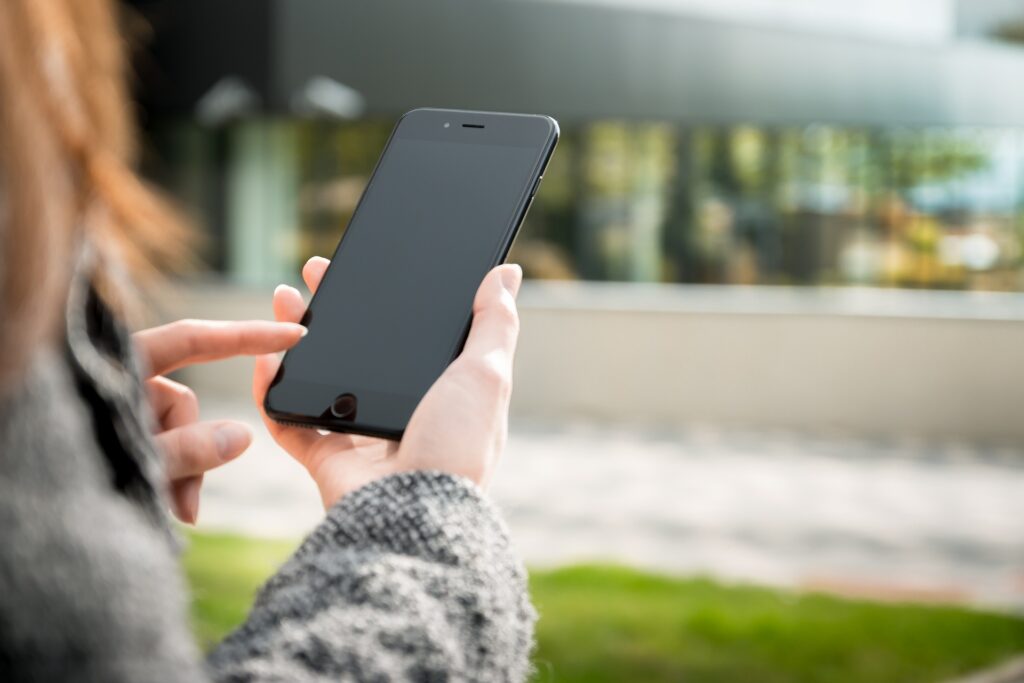The 74 reports that school districts are driving major sales for a cellphone pouch and storage company, indicating that local policymakers are looking for new and effective solutions to curb phone use at school. The magnetic-lock pouches, made by Yondr, hold students’ phones during the school day and keep them out of the classroom.
An estimated 2,000 schools across the U.S. are using its pouches this year. The total number of schools using devices to store phones is likely even higher.
According to The 74, “most districts already prohibit students from using phones in class for non-academic reasons.” And by 2020, over three-quarters of schools in the U.S. had policies prohibiting phones to some extent. But evidently, some are now wondering if tougher restrictions are needed to limit their use.
Recently, school boards across the Carolinas have tightened their cellphone policies. Rock Hill Schools, one of York County, S.C.’s four districts, now prohibits the use of phones and similar electronic devices at its schools. Instead of using a pouch, students must keep their phones in their backpacks or lockers. The Greenville County School Board also revised its policy this month, prohibiting elementary and middle school students from using phones at school. High school students can use them, but only during lunch and between classes.
And in North Carolina, Charlotte-Mecklenburg Schools and Burke County Public Schools are at least two districts that have taken additional cellphone-blocking measures. The former ramped up enforcement of an existing policy this year, while the latter adopted stricter rules over the summer. Both now generally prohibit students from using phones at school.
Overall, the restrictions have sparked healthy debate among community members.
Some parents are concerned that limiting cellphone access, especially if they are taken during the school day, will make it harder to reach their children in an emergency. Others simply object to the idea of their children’s property being taken, even if temporarily, and worry about loss or theft. At the same time, many teachers, education officials, lawmakers and parents believe stronger policies are needed to prevent classroom distractions caused by smartphones and social media.
These discussions coincide with ongoing efforts about how to deal with emerging technologies like ChatGPT and their impacts on learning. Recently, we noted how more teachers are turning to handwritten assignments to maintain coursework integrity. Such developments could be a sign of more changes to come.

